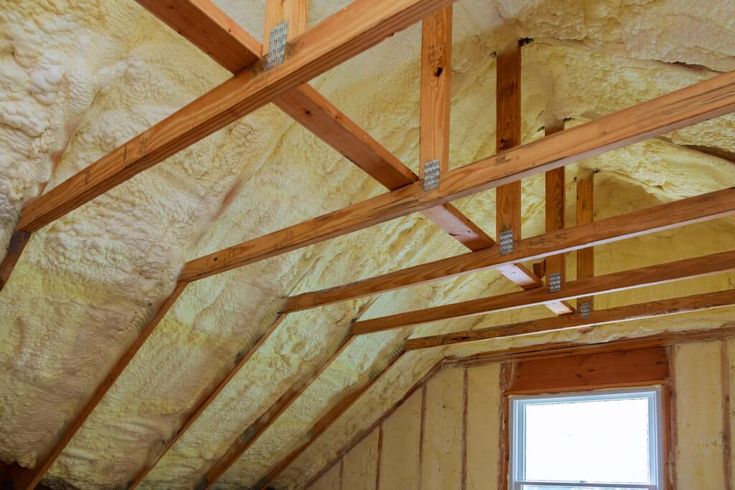When it comes to home improvement, roof insulation is often an overlooked aspect that can significantly impact energy efficiency and overall comfort roof insulation. Many homeowners wonder whether the investment in roof insulation is truly worth it. In this blog post, we will explore the costs associated with roof insulation, the benefits it provides, and help you determine if it’s a smart investment for your home.

Understanding Roof Insulation Costs
The cost of roof insulation can vary widely depending on several factors, including:
- Type of Insulation Material: Common insulation materials include fiberglass, foam board, spray foam, and cellulose. Each type has a different price point and performance level. For example, spray foam insulation tends to be more expensive but offers higher R-values (a measure of thermal resistance).
- Size of the Area: The larger the area to be insulated, the higher the total cost. However, larger projects may also benefit from economies of scale.
- Labor Costs: Depending on your location, labor costs can fluctuate. Hiring a professional can ensure the insulation is installed correctly, which is crucial for achieving the desired energy efficiency.
- Existing Conditions: If your roof has existing insulation that needs to be removed or if there are structural issues to address, the costs may increase.
Average Costs
On average, homeowners can expect to pay between $1.50 to $3.00 per square foot for insulation installation. This means for a typical attic (about 1,000 square feet), the total cost could range from $1,500 to $3,000. Keep in mind that these figures can vary based on the factors mentioned above.
Benefits of Roof Insulation
- Energy Efficiency: One of the primary benefits of roof insulation is improved energy efficiency. Proper insulation can reduce the amount of heat lost in the winter and keep your home cooler in the summer. This translates to lower energy bills and a reduced carbon footprint.
- Comfort: Insulation helps maintain a consistent temperature throughout your home, reducing drafts and cold spots. This improved comfort is especially noticeable in extreme weather conditions.
- Increased Home Value: Investing in roof insulation can enhance your home’s value. Potential buyers are often attracted to energy-efficient homes that can save them money on utility bills.
- Noise Reduction: Insulation can also help reduce noise from outside, creating a quieter living environment.
Return on Investment (ROI)
The return on investment for roof insulation can be significant. According to the U.S. Department of Energy, homeowners can save 15% or more on their heating and cooling costs by properly insulating their homes. This means that the initial investment in insulation can often pay for itself over time through lower energy bills.
Additionally, many states offer incentives and rebates for energy-efficient home improvements, which can further offset the cost of insulation.
Is It Worth the Investment?
Ultimately, the decision to invest in roof insulation depends on several factors:
- Your Home’s Current Insulation: If your home lacks insulation or has outdated insulation, upgrading can provide substantial benefits.
- Climate: In regions with extreme temperatures, insulation becomes even more critical for maintaining comfort and energy efficiency.
- Budget: Consider your financial situation. While insulation is an upfront cost, the long-term savings on energy bills can make it a wise investment.
Conclusion
Investing in roof insulation can lead to significant benefits, including improved energy efficiency, increased comfort, and higher home value. While the initial costs may seem daunting, the potential savings on energy bills and the long-term advantages make it a worthwhile consideration for homeowners. If you’re unsure, consult with a professional to assess your home’s insulation needs and explore the best options for your situation. With the right insulation in place, you can enjoy a more comfortable, energy-efficient home for years to come.
4o mini
